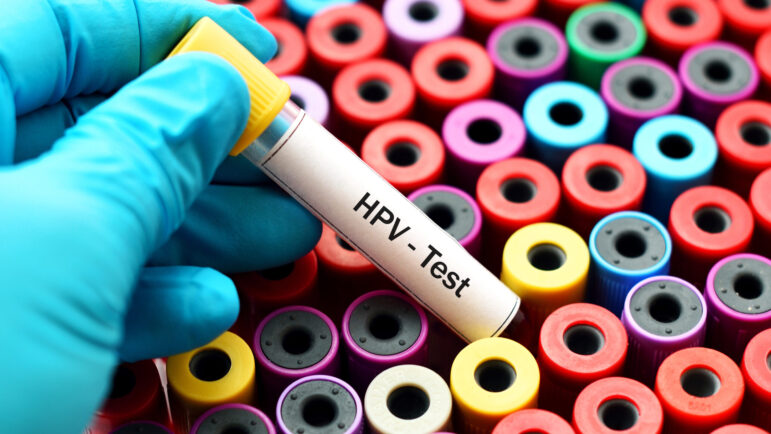The Food and Drug Administration has approved the country’s first at-home HPV screening kit. That disease causes nearly all cervical cancers. The Alabama Department of Public Health (ADPH) reports Alabama is consistently among the top five states for rates of cervical cancer. While some hope the new kits might turn things around, others have questions.
The new kits, made by Teal Health, come with a swab for collecting vaginal samples, which are then mailed to a lab for screening. Right now, the self-testing kits are only available for use on site at a clinic. And while currently the at-home kits are only being used in California, Alabama officials anticipate that will change.
“HPV self-testing is something that we have been hoping for for a while,” Nancy Wright said.
Wright is the director of ADPH’s Cancer Prevention and Control Division and leader of the state’s Operation Wipeout Cervical Cancer. She noted the kits were approved as potential alternatives to pap smears, which are widely considered uncomfortable and even painful.
“Often embarrassment and discomfort are barriers,” Wright said. “And then, even more importantly, in some of our rural areas, it’s very difficult to get access to that cervical cancer screening and access to care.”
Wright said she hopes the kits will help Alabama not only bring down high cervical cancer rates, but also reach its goal to eliminate cervical cancer entirely by 2034, despite its healthcare deserts.
“We can stop it to where our children and our grandchildren won’t even know what it is,” Wright said. “And we can do this within my lifetime.”
Others see the kits bringing further challenges.
“The thing I’m concerned about is the backstream and downstream sort of management of an abnormal test,” Dr. Warner Huh, chair of UAB’s Department of Obstetrics and Gynecology, said.
He said the at-home kits should be simple to use and studies have shown the results will be accurate. But he questions what happens if a test returns abnormal results.
“Where do they go?” Huh said. “Who sees them? Who’s gonna cover those costs potentially?”
Huh said he does not know for sure if the state can handle evaluating and treating those patients.
“I don’t want people to fall through the cracks knowing that they had an abnormal test and they A, couldn’t see somebody, or B, that there wasn’t someone potentially following up on those results,” Huh said.
He added that treatment is just as important to reducing cervical cancer rates as screening.

